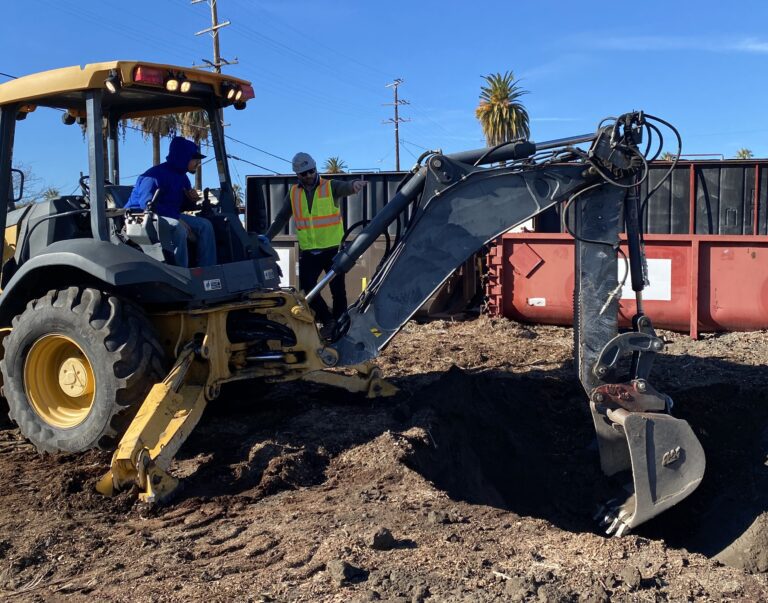Lithosphere
Lithosphere: The lithosphere comprises the Earth’s crust as well as part of the upper mantle. In fact, the lithosphere is approximately 100 kilometers thick and is relatively strong as compared to the underlying asthenosphere.
Lithosphere: The lithosphere comprises the Earth’s crust as well as part of the upper mantle. In fact, the lithosphere is approximately 100 kilometers thick and is relatively strong as compared to the underlying asthenosphere.

Milliequivalent per liter Milliequivalent per liter (meq/L): A unit used to express the chemical equivalence of the concentration of solutes in a solution. It is calculated by dividing the concentration of a substance (in mg/L) by its equivalent weight. This measurement helps in understanding the reactive capacity of ions in the solution.

Environmental Professional Definition Environmental Professional: As per the EPA’s All Appropriate Inquiries Rule, an environmental professional is an environmental consultant that has an accredited education in earth or natural science, at least five years of formal training under another environmental professional, a professional state license, and maintains expert knowledge in the environmental geology, sustainability, and…

Type Section Geologic Definition In geology, the term “type section” refers to a specific stratigraphic unit, that can be compared to other parts of the geologic unit. For a type section, it’s preferred to describe the location where the geologic unit has the maximum thickness, and where the top and bottom units are observable.

Normal Fault Normal Fault: In the field of geology, a normal fault is a type of dip-slip fault where the hanging wall moves downwards from the footwall. The average dipping angle of a normal fault ranges from 45 to 90 degrees. Normal faults are the opposite of reverse faults. Detachment Fault Detachment Fault: A detachment…

Transmissivity Transmissivity: In geology and hydrogeology, transmissivity (T) represents the capacity of an aquifer to transmit water of the prevailing kinematic viscosity. Formula T=Kb, where b = saturated thickness of the aquifer. Dimensions are gallons per day per foot (gpd/ft) or feet squared per day (ft^2/day).

Feldspars Feldspars: In the field of geology, and the branch of mineralogy, feldspars are a mineral group, that is the most common amongst the earth’s crust. In fact, there are two types of feldspars: plagioclase feldspar and orthoclase feldspar.